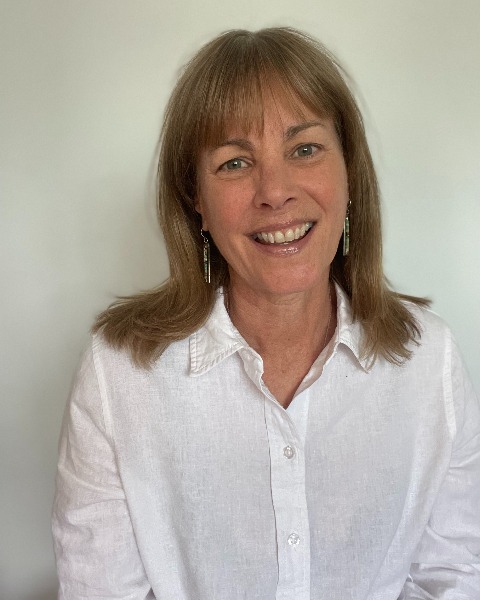Poster Presentation
Technology and Communications
Thursday Evening Poster Reception
THURS-107 - Supporting Adolescent Wellbeing in the Digital Age
Thursday, April 17, 2025
5:30 PM - 6:30 PM PST
Location: Pacific I/II, 2nd Floor
Area of Responsibility: Area III: Implementation
Subcompetencies: 4.3.6 Analyze data., 4.5 Use findings.
Research or Practice: Practice
Subcompetencies: 4.3.6 Analyze data., 4.5 Use findings.
Research or Practice: Practice

Maree M. Hampton, MEd, CHES (she/her/hers)
Founder, Digital Wellbeing Solutions
Digital Wellbeing Solutions
Minneapolis, Minnesota, United States
Poster Presenter(s)
Learning Objectives:
At the end of this session, participants will be able to:
- Describe the latest research about the benefits and drawbacks of technology on the wellbeing of young people.
- Apply an equity lens to the data from research and focus groups.
- Implement digital wellbeing facilitated discussions with young people.
Detailed abstract description: Gen-Z is the first generation to have grown up with 24/7 access to technology and they have a lot to say about what that experience is like. The average number of hours young people ages 13-18 spend using technology is 8-9 hours a day. The changes that technology has brought to our lives are unprecedented. The U.S. Surgeon General called attention to the role that technology is playing in the youth mental health crisis in a public health advisory that was released in May, 2023, Social Media and Youth Mental Health. We currently do not understand what the “safe level of use” is as we consider the role that technology use plays in the lives of children and young people. With the pervasive use of technology in our society for school, work, entertainment, and communication, we are living in an experiment with an unknown outcome. What we do know is that young people are impacted by technology in both positive and negative ways and equity plays a role for both. Research is continuing to emerge on the issue of technology use and its impact on the well-being of young people, especially their mental health. To understand the unique demands and benefits that technology affords to young people, we must understand the research and listen to young people. This session will explore the latest research on technology use and the well-being of young people, explore themes from focus groups conducted with diverse groups of young people, and provide participants with the opportunity to practice facilitated discussions which they can use with young people including middle school, high school, and college-age students. Facilitated discussions provide the opportunity for young people to share their experiences with technology, learn from health educators and each other, and seek support for digital well-being. Young people are eager to discuss what it is like to live 24/7 with tech and they have a lot of ideas for how they want to live more healthy and balanced lives. As health educators, we can provide the opportunity for young people to share ideas and guide them toward healthy technology use. Participants will have the opportunity to learn about the latest research, how to use an equity lens for digital well-being health education, and practice facilitation and listening skills that can be implemented with young people. Let’s listen and partner with young people so we can support them as they strive to thrive in the digital age.
